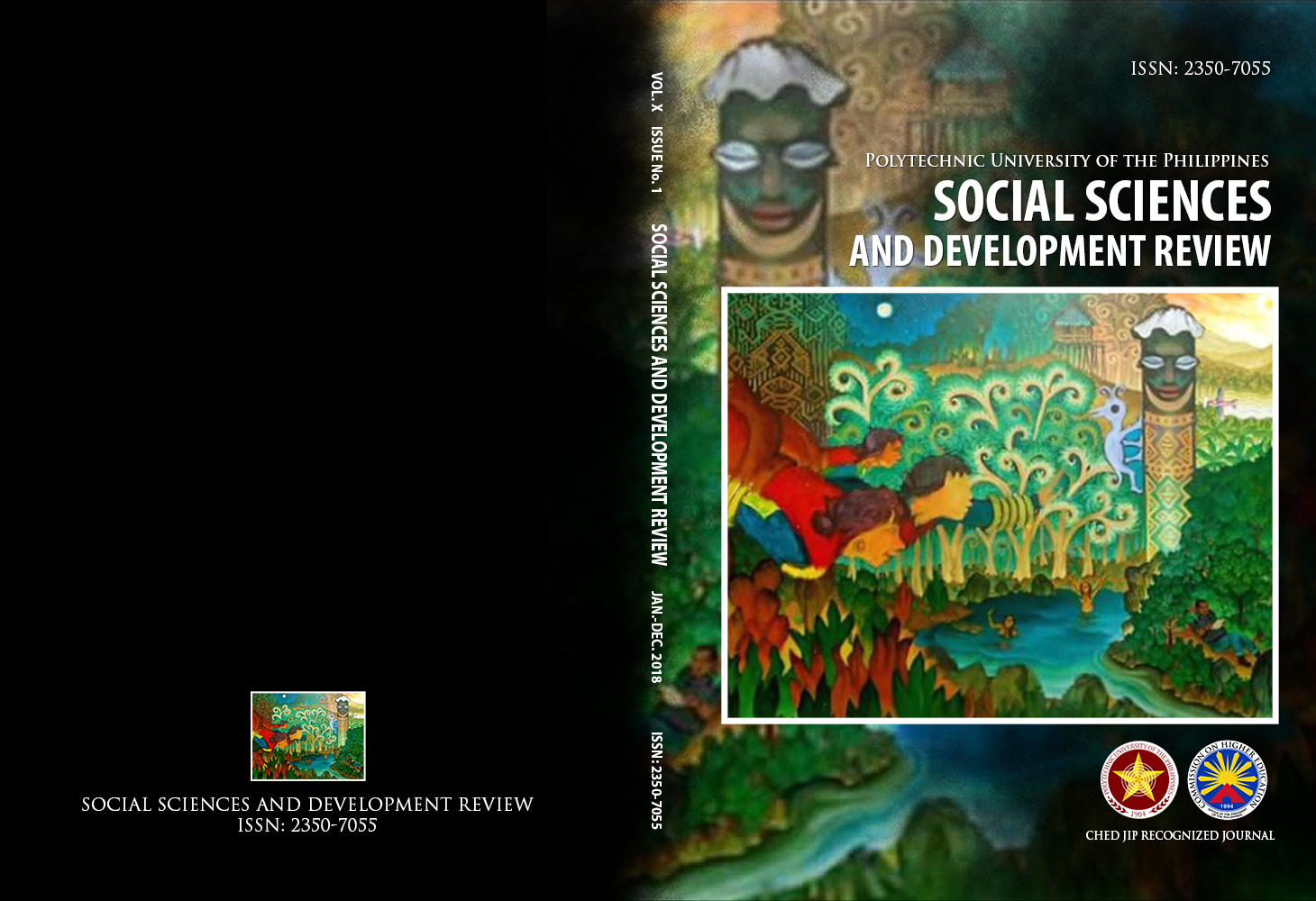Culture Metaphor as a Discourse in Public Management: The Case of the Polytechnic University of the Philippines
DOI:
https://doi.org/10.70922/yb43x712Keywords:
Adhocracy Culture, Clan Culture, Competing Values Framework, Hierarchy Culture, Market Culture, Organizational Culture Assessment InstrumentAbstract
This research aimed to ascertain the organizational culture of the Polytechnic University of the Philippines. Using the Organizational Culture Assessment Instrument (OCAI), the researcher profiled and assessed the current and the desired culture of the University. Moreover, the Competing Values Framework which is divided into four quadrants wherein each quadrant represents a particular culture type was used by the researcher to analyse the result of the OCAI. The four culture types are as follows; clan which exhibits collegiality and flexibility among members; hierarchy which has high regard to structure and control, both culture types are internally focused; adhocracy which promotes independence and flexibility; and market which focuses on the attainment of the organization’s goals and objectives. The last two culture types are externally focused. This framework provided the researcher an in-depth understanding on the underlying basic assumptions and competing value orientations in the
University. The result of the study shows that the dominant current and preferred culture type in the University is the clan culture. The result also suggests that there is no immediate need to change the current cultural values of the PUP community.
Downloads
References
Downloads
Published
Issue
Section
License
Copyright (c) 2020 Dr. Raul Roland Sebastian (Author)

This work is licensed under a Creative Commons Attribution-NonCommercial 4.0 International License.
Articles published in the SOCIAL SCIENCES AND DEVELOPMENT REVIEW will be Open-Access articles distributed under the terms and conditions of the Creative Commons Attribution-Noncommercial 4.0 International (CC BY-NC 4.0). This allows for immediate free access to the work and permits any user to read, download, copy, distribute, print, search, or link to the full texts of articles, crawl them for indexing, pass them as data to software, or use them for any other lawful purpose.


